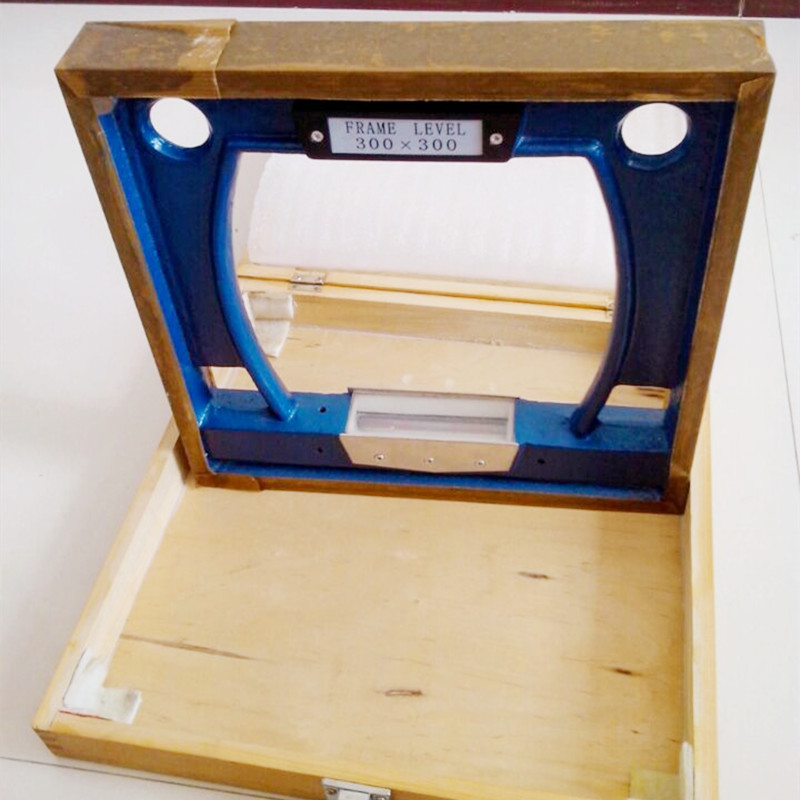Jul . 26, 2024 09:40 Back to list
High-Precision Granite Plates for Accurate Measurement and Inspection in Engineering Applications
The Importance of Precision Granite Plates in Manufacturing
In the realm of manufacturing and quality control, precision is paramount. The tools and equipment used in production processes must offer the highest degree of accuracy to ensure that end products meet the desired specifications. Among the various measurement tools available, precision granite plates stand out as a critical component for quality assurance. These plates, crafted from high-grade granite, provide a stable and reliable surface for measuring and inspecting the dimensions of various components.
Granite, as a material, boasts several intrinsic properties that make it ideal for precision measurement applications. Firstly, granite is inherently rigid and stable, which means it is less susceptible to warping or deformation under heavy loads. This quality is crucial in environments where consistency is key, such as in metrology laboratories or machining facilities. Also, granite has a low thermal expansion coefficient, ensuring that its dimensions remain stable even with fluctuations in temperature, which is a common occurrence in different manufacturing environments.
The manufacturing process for precision granite plates involves meticulous craftsmanship. Each plate must be machined to a specific thickness and flatness, often measuring within microns of accuracy. Skilled artisans use sophisticated machinery to surface the granite, creating a perfectly flat and smooth finish that is essential for accurate measurements. Once the surface is finalized, the plates undergo rigorous testing to ensure they meet the stringent standards set by industry regulations.
precision granite plate

One of the most significant advantages of using precision granite plates is their versatility. These plates serve a wide array of functions, from providing a flat reference surface for coordinate measuring machines (CMMs) to acting as a stable foundation for various gauging instruments. In addition to metrology applications, granite plates are also used as supports for manufacturing processes such as machining, assembly, and inspection. Their durability means they can withstand the wear and tear of daily operations, making them a cost-effective choice for manufacturers.
Moreover, the surface characteristics of granite plates allow for easy cleaning and maintenance. Unlike some materials that may absorb contaminants or chemicals, granite can be wiped down without any risk of absorbing the substances, ensuring that the measurement surface remains uncontaminated and accurate. This ease of maintenance is a significant benefit in environments where precision is paramount.
Another important aspect of precision granite plates is their role in improving productivity. By providing a reliable, flat surface for measurements, manufacturers can identify discrepancies and rectify them at an early stage in the production process. This reduces the likelihood of defects and the subsequent costs associated with rework or scrap. Consequently, manufacturers can operate more efficiently, ensuring that products are produced to exact specifications and delivered on time.
In conclusion, precision granite plates are essential tools in modern manufacturing and quality control processes. Their unique properties, combined with their durability and versatility, make them an indispensable asset in achieving high levels of accuracy and efficiency. As industries continue to evolve and the demand for precision increases, the role of granite plates in ensuring the integrity of manufacturing processes will only become more critical. Embracing these tools not only enhances product quality but also contributes to overall operational success in a competitive marketplace.
-
Y Type Strainer Maintains System Efficiency Long TermNewsJul.15,2025
-
Valve Selection Guide for Industrial ApplicationsNewsJul.15,2025
-
Steel Fab Table Provides Durable Work Surface for WeldingNewsJul.15,2025
-
Pad Iron Provides Stable Support for Heavy MachineryNewsJul.15,2025
-
One Inch Check Valve Fits Standard Plumbing SystemsNewsJul.15,2025
-
Measuring Micrometer Ensures Precise Dimensional AccuracyNewsJul.15,2025
Related PRODUCTS









